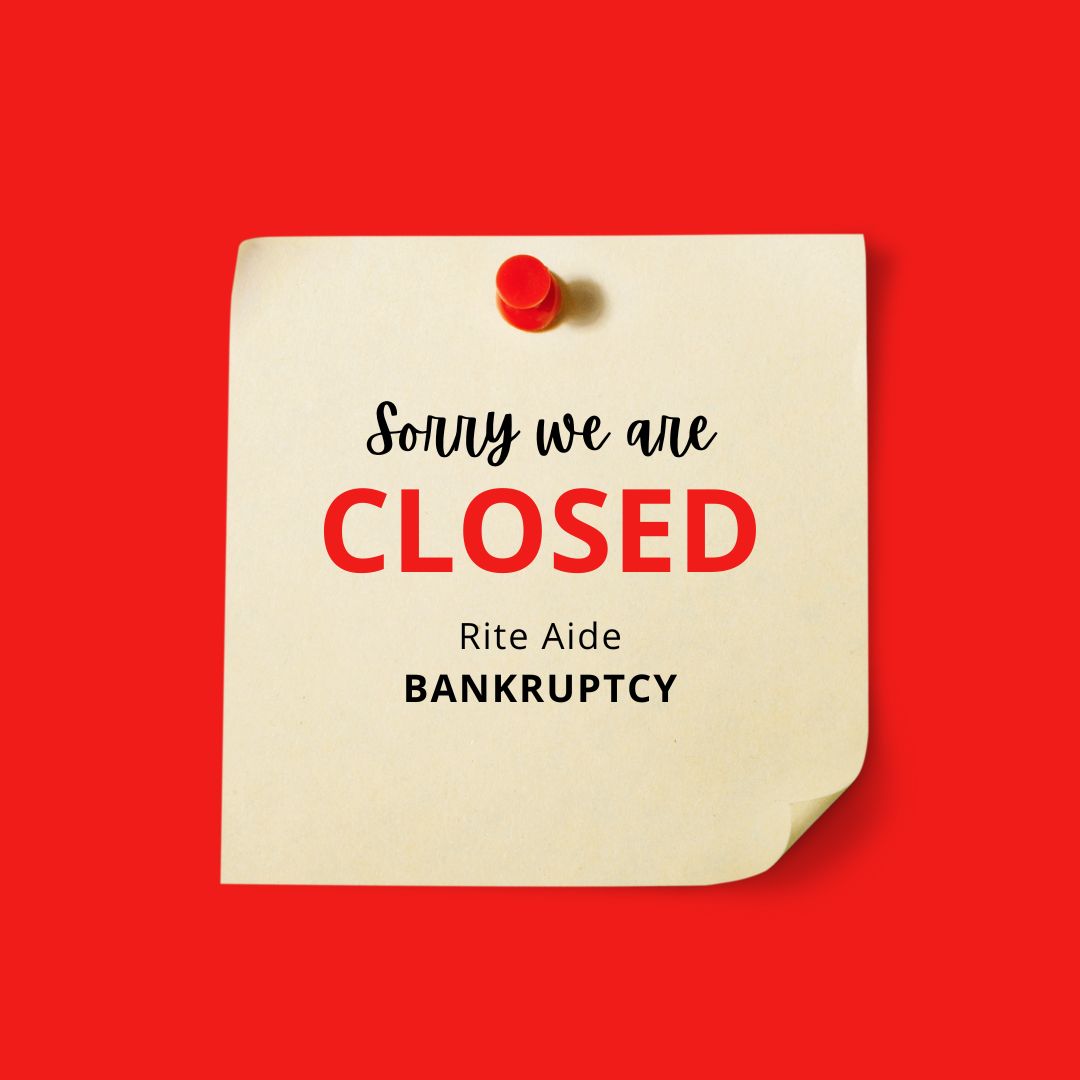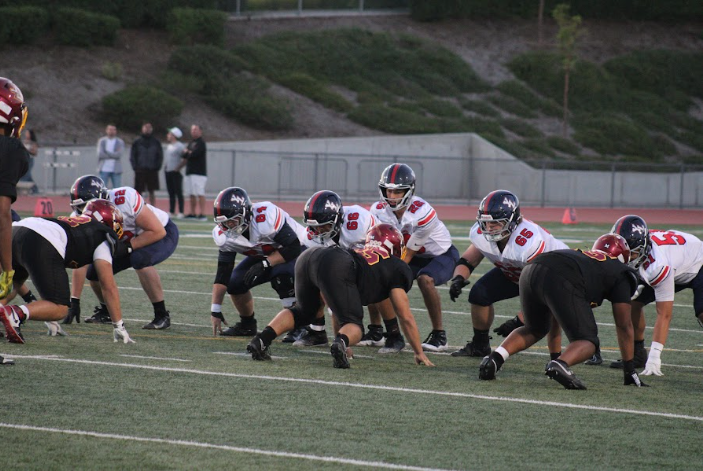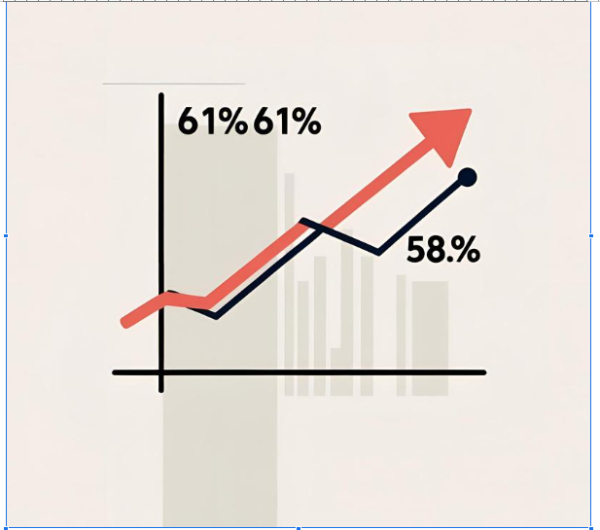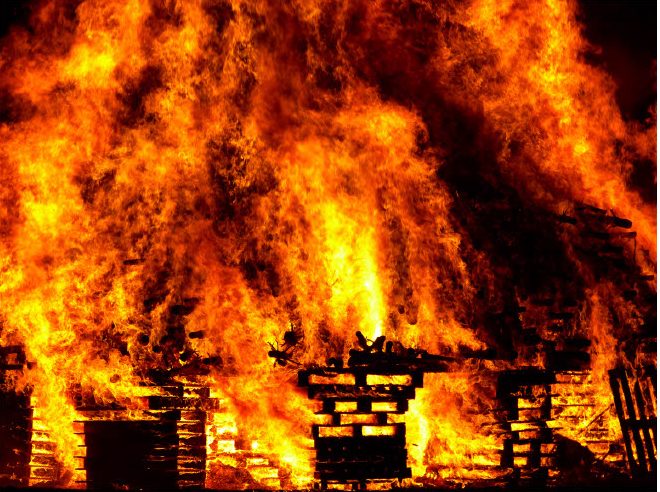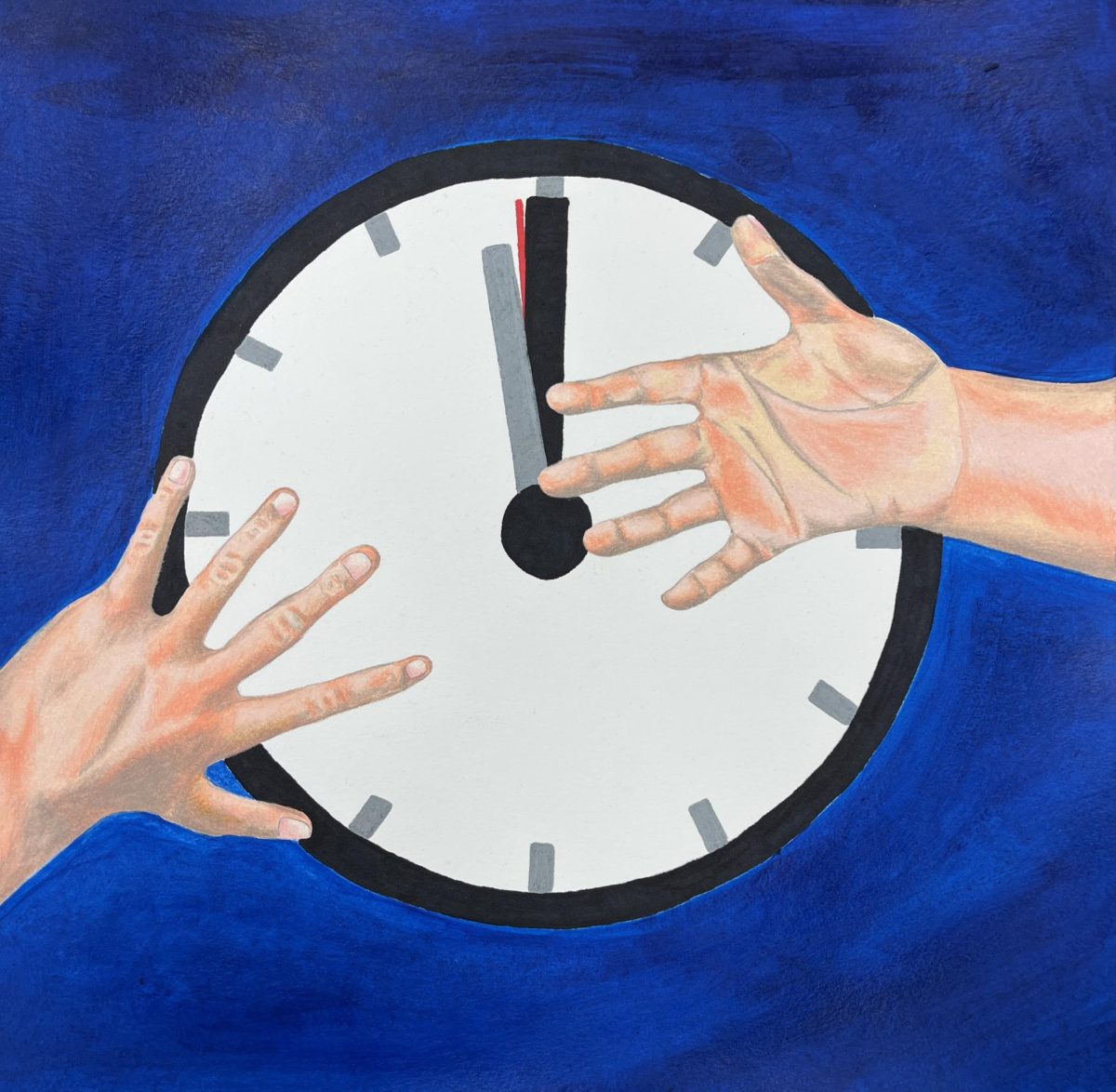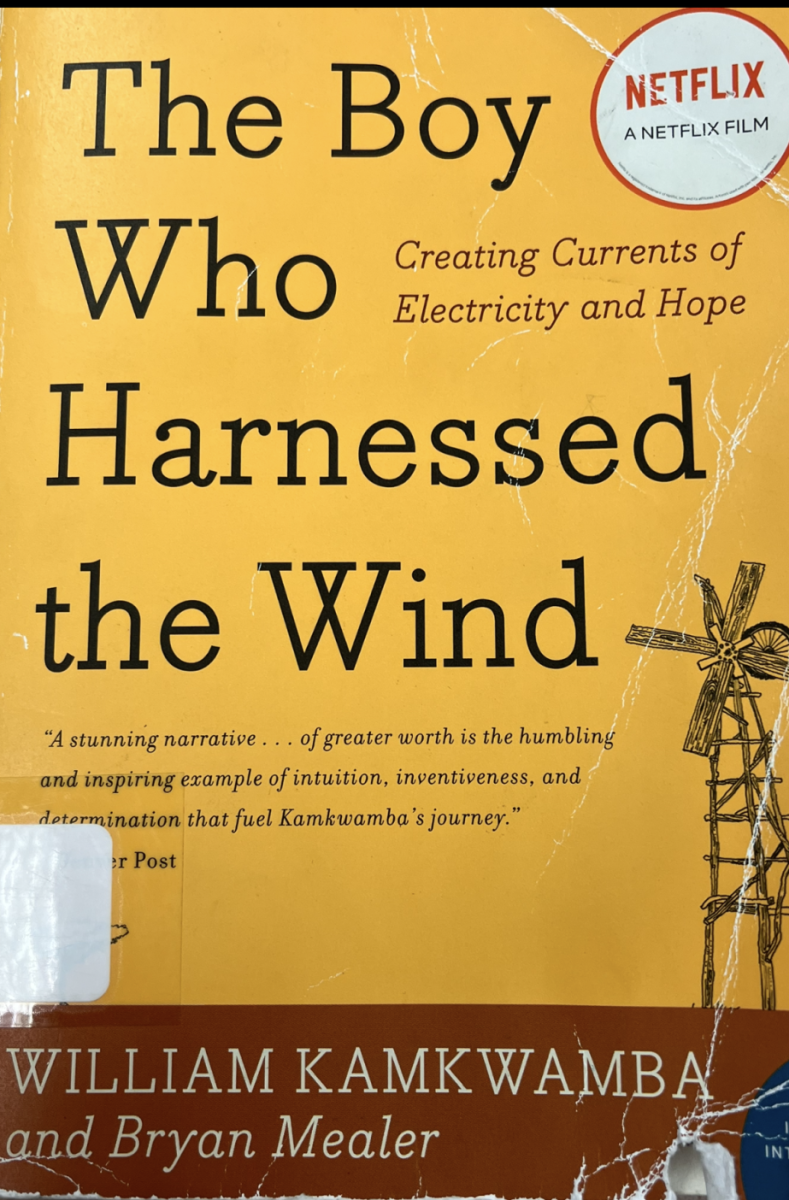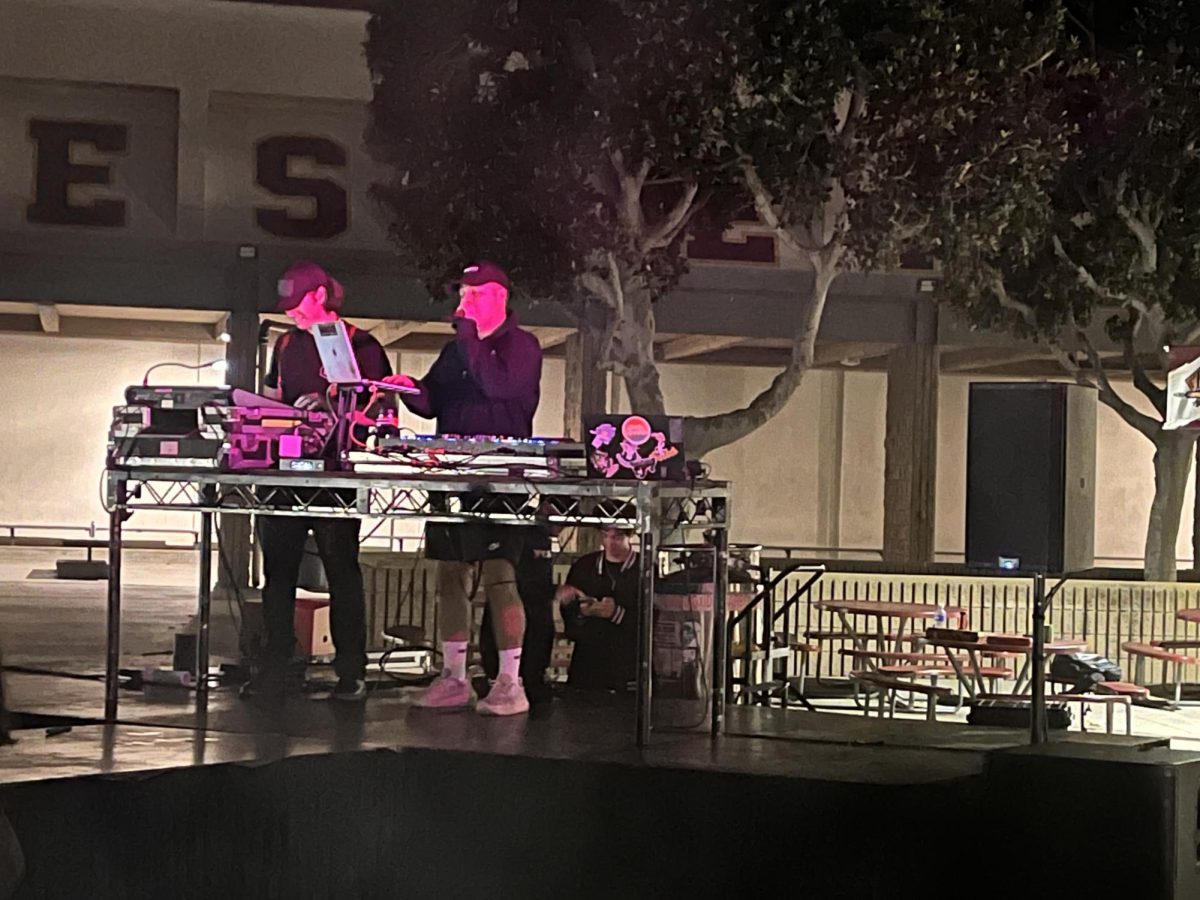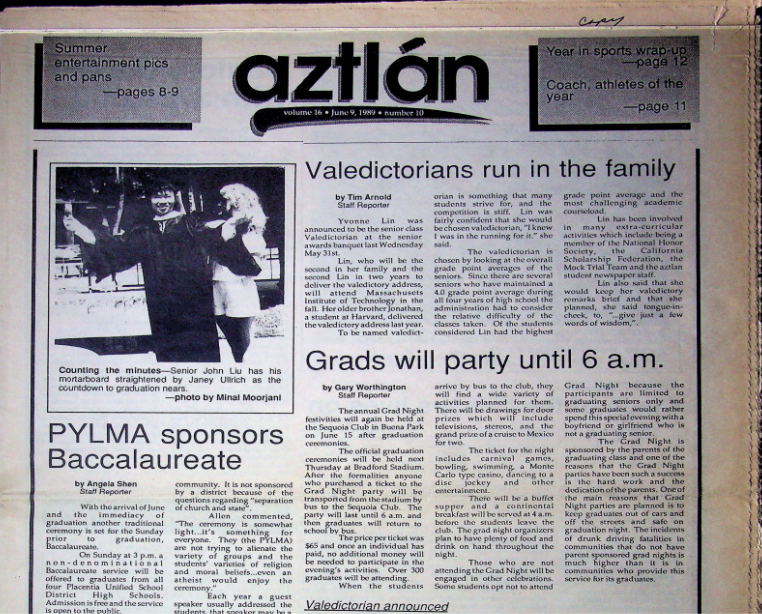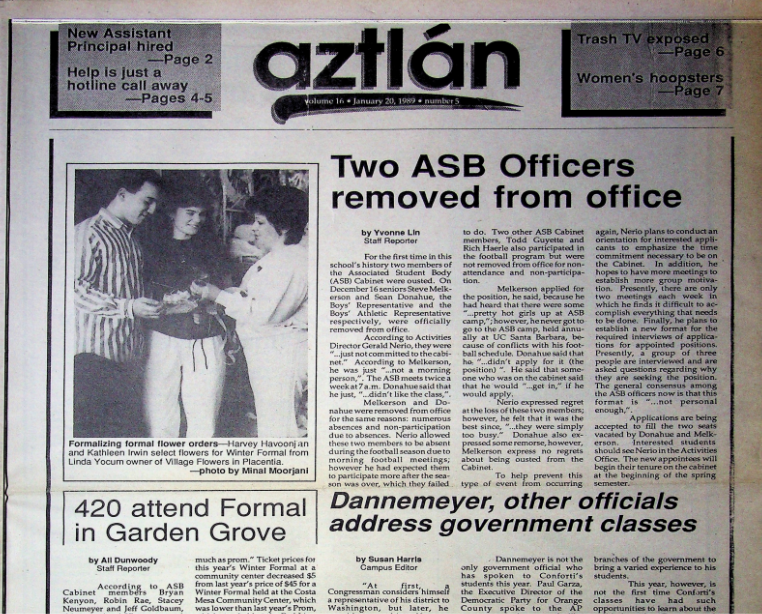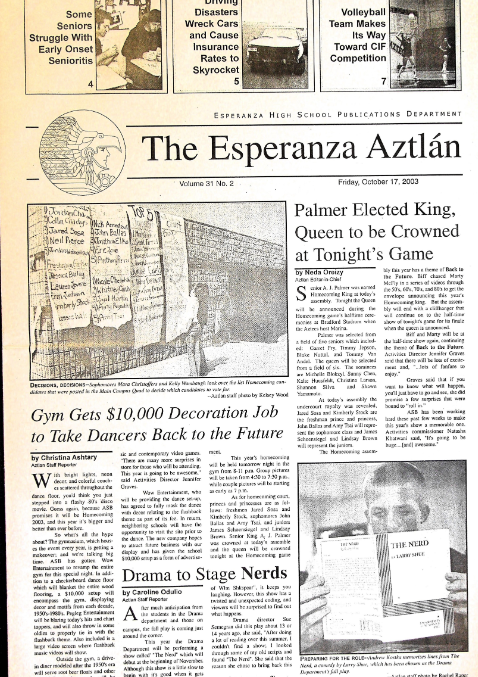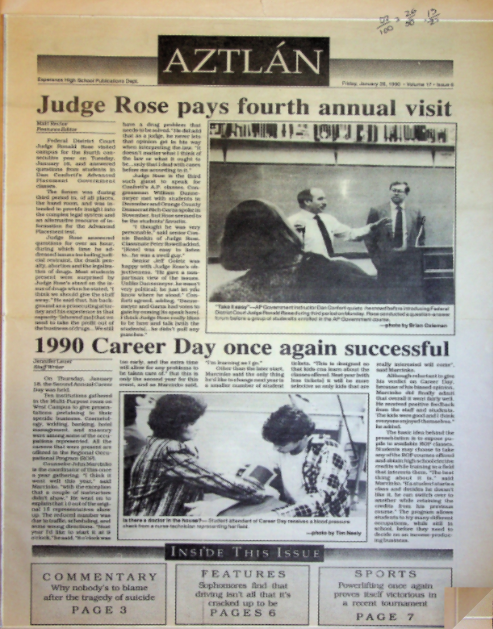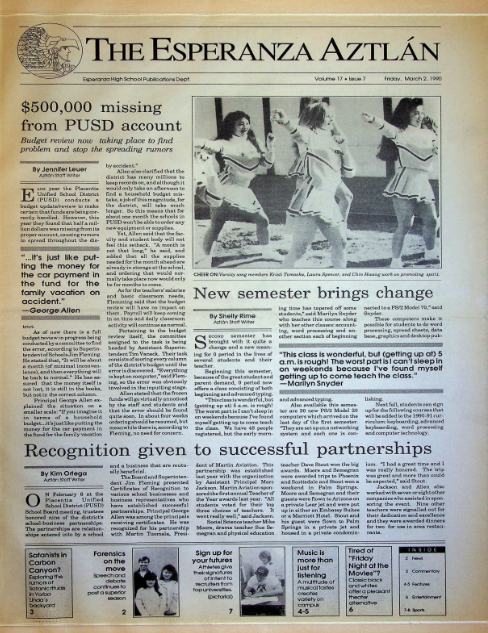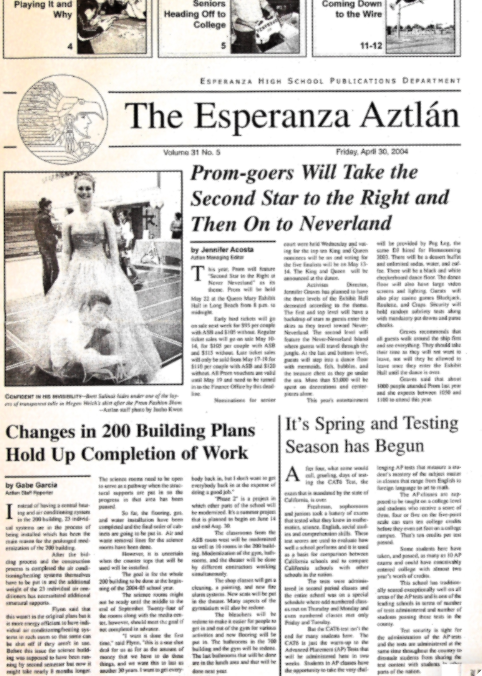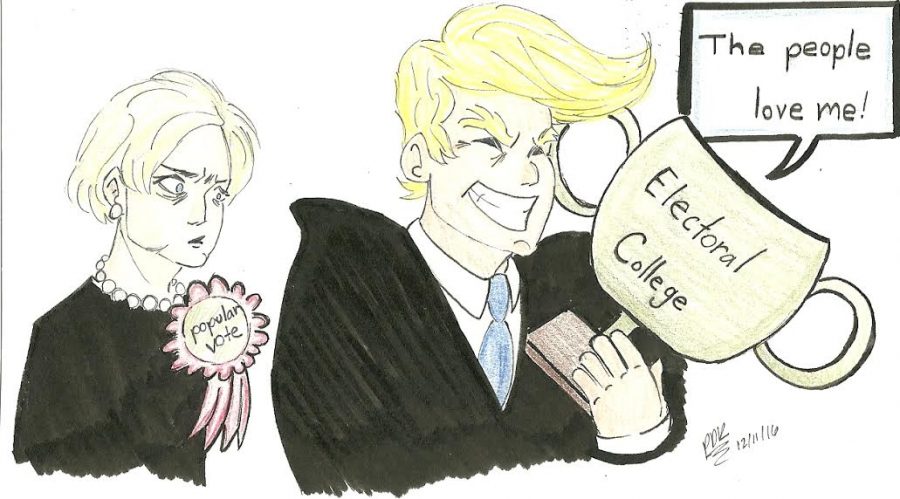Reform is Necessary in the Electoral College
After Clinton won the popular vote, but loss the election, many are questioning the process of the Electoral College. Megan Elmore weighs in on the discussion.
The Electoral College was created for the election of the president. Each state receives the same amount of votes as the number of senators and representatives from the state. James Madison and the founding fathers created the Electoral College to separate the government from the masses. He feared the people would elect a President that is not qualified or competent. Although the Electoral College may have served a purpose in the 1800’s, it is clear after the recent election that reform is necessary to reflect the votes of majority of Americans.
In two of the last five elections, a president has entered the White House despite losing the popular vote. Although Al Gore’s loss in the 2000 was by a mere 500,000 votes, the current election is a different story. Hillary Clinton won the popular vote by over 2.8 million votes. With a difference this large, it is clear that the people’s opinion is not being represented in the current President-Elect Donald Trump.
One main reason that Electoral College reform is necessary is to encourage voter participation. Because a state will have the same votes regardless of the turnout in an election, there is no incentive to vote. If the Electoral College reform reflects the popular vote, then people will be more encouraged to vote because their vote will make a difference in the result regardless of the state they live in.
Another key reason why reform is necessary is because more focus will be put on states with a large population instead of spending their time focused on battleground states. For example, candidates rarely campaign in California in the general election because the votes from the Electoral College usually go to the Democrat candidate. With reform to a popular vote, candidates will be forced to campaign across the nation regardless of the way the state typically leans in the general election. Rural states will no longer be over represented as they are now in the Electoral College.
Those in favor of the Electoral College may assert that if the US switches to a popular vote, candidates may demand a recount in the districts with close results. However, this is the case no matter what system is used. Up until last week, Jill Stein was fighting for a recount in Michigan and Pennsylvania. There was a recount effort during the Gore-Bush election because of the variety in methods of counting votes within the state of Florida. In close states there is the likelihood that one may demand a recount, so the problem is somewhat inevitable in such close races.
Because of the current election, it is clear that the Electoral College should be reformed to better reflect the popular vote.



